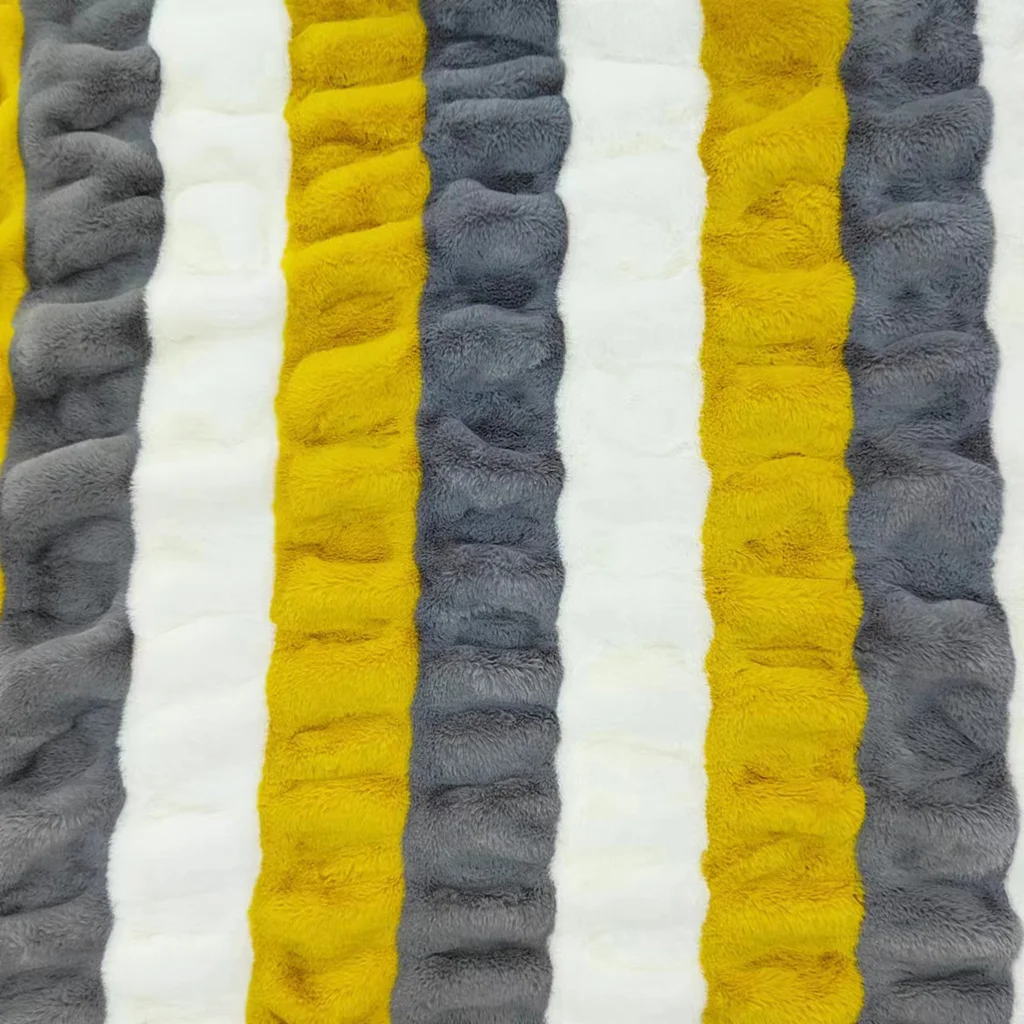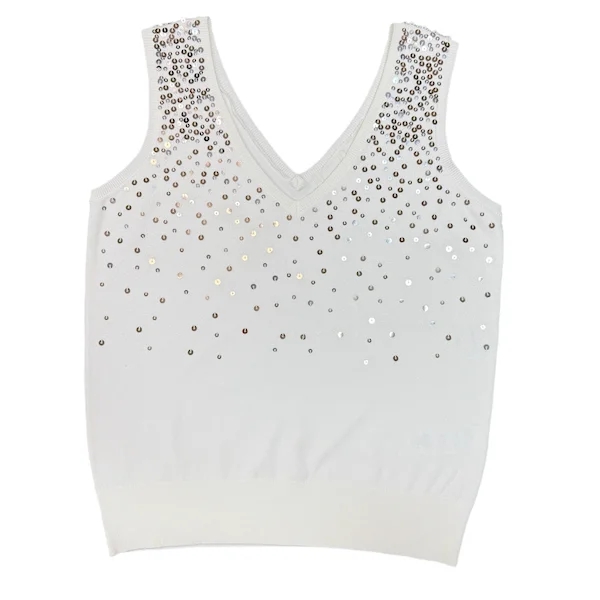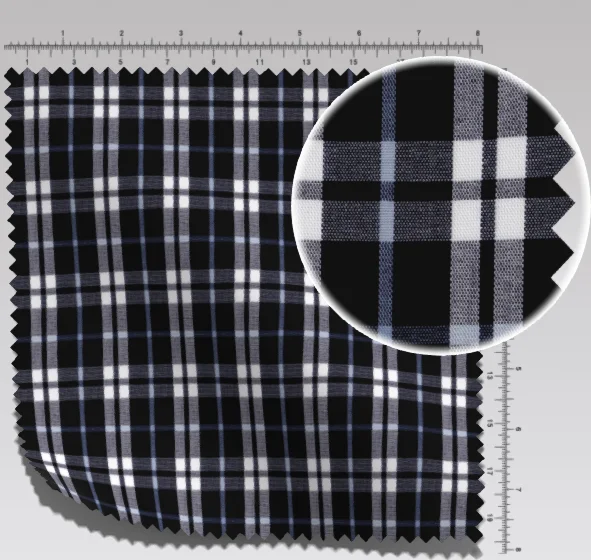When it comes to choosing the right fabric for clothing, especially in warmer climates, the debate between polyester and cotton is a topic of considerable interest. Both materials have their unique properties, advantages, and disadvantages, but the question remains: is polyester cooler than cotton? In this article, we will delve into the characteristics of both fabrics, their performance in heat, moisture management, and overall comfort, providing a comprehensive analysis to help you make an informed decision.
Understanding the Basics: Polyester vs. Cotton
Cotton is a natural fiber derived from the cotton plant. It is known for its breathability, softness, and comfort. Cotton fibers allow air to circulate, which helps in regulating body temperature. However, cotton has a tendency to absorb moisture, which can lead to a damp feeling in humid conditions.
Polyester, on the other hand, is a synthetic fiber made from petroleum-based products. It is renowned for its durability, wrinkle resistance, and quick-drying properties. Unlike cotton, polyester does not absorb moisture; instead, it wicks it away from the skin, which can be advantageous in certain situations.
Breathability and Temperature Regulation
When evaluating whether polyester is cooler than cotton, breathability is a crucial factor. Cotton’s natural fibers allow for excellent airflow, making it a popular choice for summer clothing. The fabric can absorb sweat, providing a cooling effect as it evaporates. However, in extremely humid conditions, this absorption can become a disadvantage, as the fabric may retain moisture and feel heavy against the skin.
Polyester, while not as breathable as cotton, has made significant advancements in moisture-wicking technology. Modern polyester fabrics are engineered to pull moisture away from the body, allowing it to evaporate quickly. This can create a cooling sensation, particularly during physical activities or in hot, humid environments. However, the lack of breathability can sometimes lead to overheating if the fabric is not designed with ventilation in mind.
Moisture Management: The Key to Staying Cool
Moisture management is where polyester often shines compared to cotton. In athletic wear, for instance, polyester is frequently favored for its ability to wick sweat away from the body. This property helps maintain a comfortable body temperature during intense workouts or hot weather. Many sports brands utilize advanced polyester blends that enhance breathability and moisture control, making them ideal for active individuals.
Conversely, while cotton can absorb sweat, it does not dry quickly. This can lead to a sticky feeling during physical exertion, which may be uncomfortable for some. For those who prioritize moisture management, especially during workouts or outdoor activities, polyester may indeed be the cooler option.
Comfort and Feel: The Personal Preference Factor
While performance is essential, comfort is subjective. Many people prefer the soft, natural feel of cotton against their skin. Cotton is hypoallergenic and less likely to irritate sensitive skin, making it a go-to choice for everyday wear. The tactile experience of cotton can contribute to a sense of comfort that polyester may not replicate.
Polyester, while often smooth and lightweight, can sometimes feel less comfortable, particularly in direct contact with the skin. Some individuals may find that polyester traps heat, leading to discomfort in hot weather. However, advancements in fabric technology have led to the development of softer, more breathable polyester blends that mimic the feel of cotton while retaining the performance benefits.
Environmental Considerations
An important aspect of the polyester vs. cotton debate is the environmental impact of each fabric. Cotton is a natural fiber, but its cultivation often requires significant water and pesticide use, raising sustainability concerns. On the other hand, polyester is derived from non-renewable resources, and its production process can contribute to environmental pollution. However, recycled polyester options are becoming more prevalent, offering a more sustainable choice for consumers.
Conclusion: Making the Right Choice for You
In conclusion, whether polyester is cooler than cotton depends on various factors, including the specific use case, climate conditions, and personal preferences. For athletic wear and high-intensity activities, polyester’s moisture-wicking properties and quick-drying capabilities may make it the superior choice. However, for everyday comfort and breathability, cotton remains a classic favorite.





+ There are no comments
Add yours